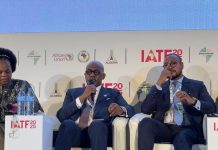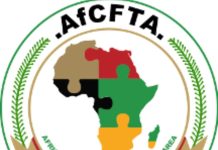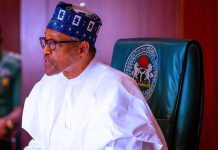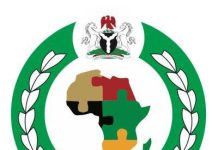Africa Press-Nigeria:
As the global economy is undergoing economic crisis occasioned by the dreaded covid-19 pandemic, the Nigerian economy is not left out, hence the organised private sector has unanimously kicked against any form of increase in electricity tariffs as it will further hamper the country’s economic development.
The OPS, which comprises of the Nigerian Association of Chambers of Commerce, Industry, Mines and Agriculture (NACCIMA), Manufacturers Association of Nigeria (MAN), Nigerian Association of Small and Medium Enterprises (NASME), Nigerian association of Small Scale Industries (NASSI) and Nigeria Employers Consultative Association (NECA) recently in a communiqué stated that the OPSN is not in support of any minor, major and extra-ordinary tariff review or the proposed upward review in electricity in an economy that just came out of recession and currently experiencing fragile growth such that extra-ordinary upward review will be counterproductive on consumption and productivity.
Speaking to the leader of the OPSN, Hajia Saratu Iya-Aliyu, who is also the National President of NACCIMA, she noted that any form of increase in electricity in the face of inadequate electricity supply, high electricity tariff and exorbitant cost of self-generated electricity up to the tune of N119billion (excluding billions of Naira spent on settling monthly electricity bills) is not business friendly, and will further escalate the cost of doing business with consequential upward spiral effects on unemployment rate.
According to her, the resolutions of the OPSN is that; “The reviews in electricity tariff since Multi Year Tariff Order (MYTO) 2015 has produced escalation in tariff between 2015 and 2020 across the ‘D’ electricity tariff categories.
For instance, with IKEDC, D1 category tariff increased by over 44 percent from 2015 to 2020; D2 and D3 by over 50percent for the same period respectively.
The increase and burden of cost of electricity for the same period are even more in the other electricity distribution companies where tariffs are quite higher.
“The expected spike based on NERC proposed increase in tariff from 2020 up to 2024 would increase by 57 percent for the D1, D2 and D3 categories a piece from 2020 to 2021 and even higher 2022, 2023 and 2024 under Ikeja Electric, which is the DisCos with the least tariff. By this metrics therefore, the impact of the proposed tariff increase on the manufacturing sector will be enormous.
“An increase of 57 percent in tariff at this time will trigger reverse-multiplier effect as cost of production will escalate which will destroy the headways already made in the sector.
The proposed increase is coming at a time that private businesses, especially manufacturing MSME are groaning by reason of deep injuries already inflicted on the sector by the last recession, the prevailing harsh operating environment, the increasing burden of taxes, and the state of readiness, in terms of competitiveness for AfCFTA, is at the lowest ebb.”







